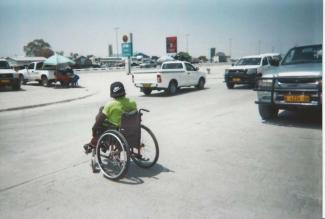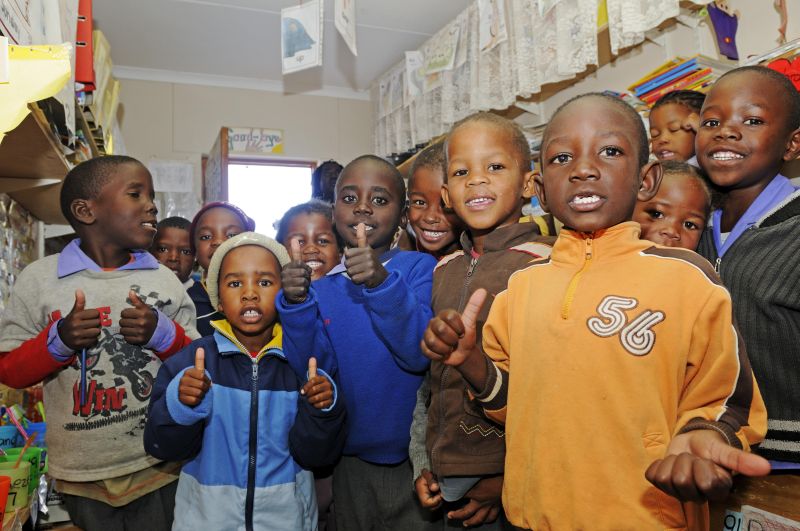Namibia
The situation of people with disabilities in Namibia

Nevertheless, in contrast to most developing countries, initial efforts have been made to improve inclusion, and there has been notable success. In 2015, a ministry was established to address the needs of people with disabilities. Inclusion is thus on the agenda. Awareness-raising campaigns are underway to change people’s negative attitudes towards the disabled.
Research shows that people with disabilities still tend to be poorer than people without disabilities in Namibia, for instance because they are excluded from the education system. Rates of illiteracy are high among the people concerned, and fewer of them get formal training in vocational schools. These facts show that, so far, the Namibian government can demonstrate little in terms of practical success. The will is there, but problems arise due to lack of expertise and funding. Equipping vocational schools with adequate technology and barrier-free instructional materials is currently the greatest challenge. Furthermore, the schools need admission procedures that people can deal with in sign language. They must even provide opportunities to applicants who cannot take a written test.








